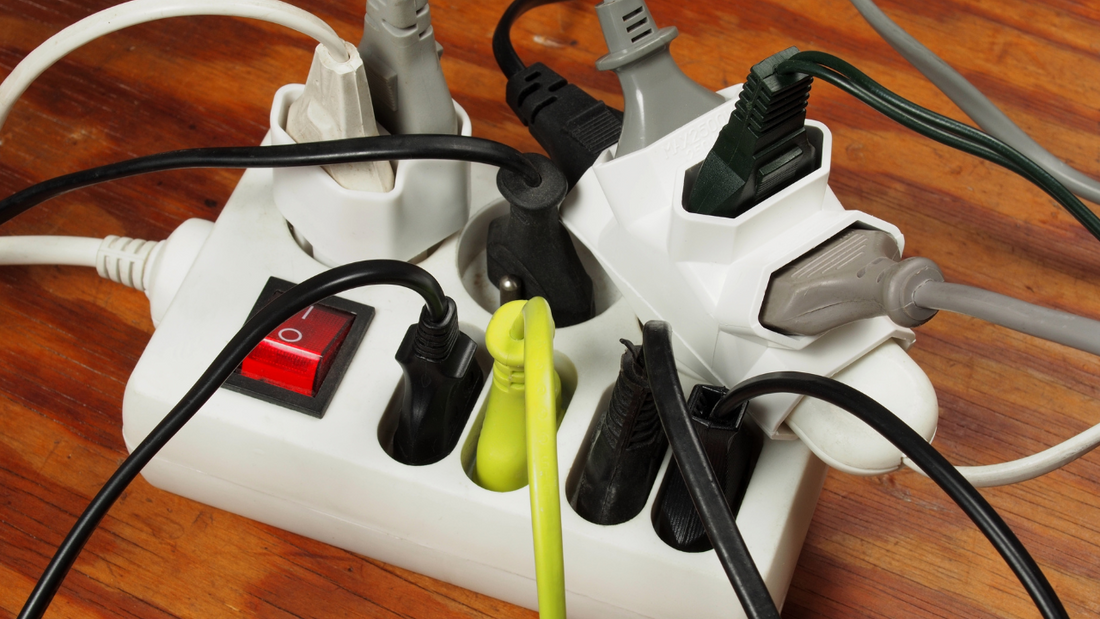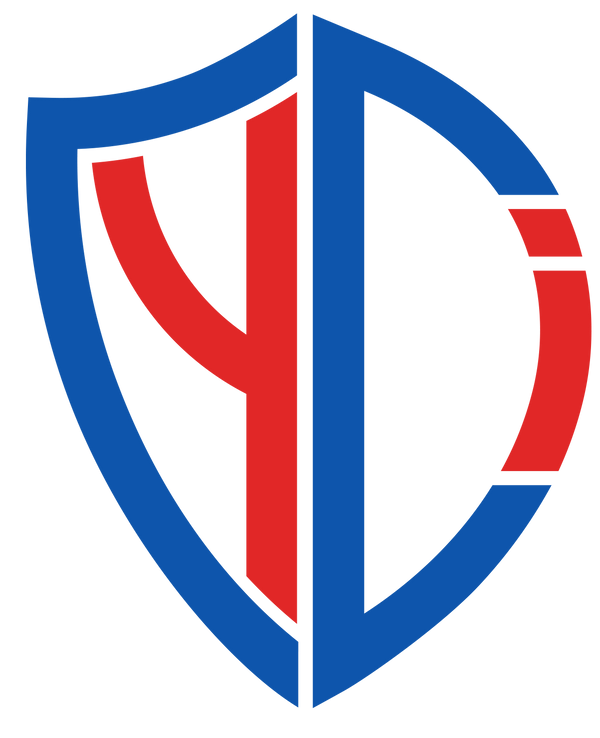
Extension Cord Safety: What Not to Plug In and Why It Matters
Extension cords are among the most commonly used household items, offering a quick solution when a power outlet is just out of reach. However, not all appliances are safe to use with an extension cord, and improper use can lead to overheating, electrical fires, and even equipment failure.
Recent reports from the U.S. Consumer Product Safety Commission (CPSC) indicate that extension cords are responsible for approximately 3,300 home fires each year, resulting in injuries and property damage. With the increase in home electrical fires linked to extension cord misuse, it is more important than ever to understand which devices should always be plugged directly into a wall outlet. Based on expert recommendations and a recent article from Martha Stewart, here’s a breakdown of what not to plug into an extension cord and why.
Appliances That Should Never Be Plugged Into an Extension Cord
Space Heaters
Space heaters require a significant amount of power and are frequently moved around the home. Plugging them into an extension cord can lead to overheating and fire hazards. It’s best to plug them directly into a grounded wall outlet to guarantee safe operation.
Refrigerators and Freezers
These appliances run continuously and demand a steady power supply. Using an extension cord can lead to voltage drops, causing inefficient cooling and potential circuit overloads. A direct wall outlet is the safest choice.
Microwaves
Microwaves consume between 12 to 15 amps of power, making them one of the highest-drawing kitchen appliances. An extension cord may not be able to handle this load, leading to circuit tripping and potential fire risks.
Coffee Makers and Toasters
Despite their small size, these appliances require bursts of high power to function. Overloading an extension cord can lead to overheating, increasing the risk of electrical fires in the kitchen.
Slow Cookers and Hot Plates
Slow cookers and hot plates run for extended periods, requiring stable electrical connections. Power strips and extension cords are not designed to handle their continuous energy demand, making them a safety risk.
Hair Dryers and Styling Tools
Hair-care appliances require a lot of heat to function. Plugging them into an extension cord can overload the circuit, potentially causing the cord to overheat and fail.
Sump Pumps
Sump pumps are often installed in flood-prone areas, making them an especially risky candidate for an extension cord. If water reaches the connection, it could lead to electrocution or equipment failure.
Treadmills and Exercise Equipment
Home gym equipment, particularly treadmills, requires a high wattage to operate safely. Plugging them into an extension cord can lead to motor damage and pose a fire risk.
Air Conditioners
Window AC units consume more power than most extension cords are designed to handle. Unless the extension cord is rated for heavy-duty use, it can overheat and cause a fire.
Another Power Strip or Extension Cord
Daisy chaining multiple power strips or extension cords is one of the most common causes of electrical fires. This setup can overload circuits and violate fire safety codes.
Safe Extension Cord Practices
- Use the right cord for the job. Make sure your extension cord is rated for the device’s wattage and power draw.
- Avoid running cords under carpets or rugs. This can lead to overheating and fire hazards.
- Check for fraying or damage. Damaged cords should be replaced immediately.
- Don’t exceed the cord’s capacity. Always check the amperage rating before plugging in high-powered appliances.
Why Electricians Need Proper Insurance
Electricians play a significant role in maintaining home electrical safety, including proper outlet installation and preventing extension cord misuse. Given the risks associated with electrical work, having the right electrician insurance is important for protection against liability claims, property damage, and injuries.
What Insurance for Electricians Should Cover
- General Liability Insurance – Covers accidental property damage and bodily injury claims.
- Workers’ Compensation – Protects electricians in case of workplace injuries.
- Professional Liability Insurance – Covers claims related to faulty electrical work or code violations.
- Commercial Auto Insurance – Covers work vehicles transporting tools and equipment.
Guaranteeing electricians have comprehensive insurance coverage can help them focus on providing safe and effective electrical solutions without worrying about legal and financial risks.
Extension cords are incredibly useful but should be used with caution. Certain high-powered appliances should always be plugged directly into the wall to prevent overheating, electrical failures, and fire risks. Staying informed and following best practices can help protect your home from preventable electrical hazards.
Credit: This article was inspired by Martha Stewart’s piece on extension cord safety, incorporating recent safety concerns, expert recommendations, and insights from the U.S. Consumer Product Safety Commission (CPSC).
